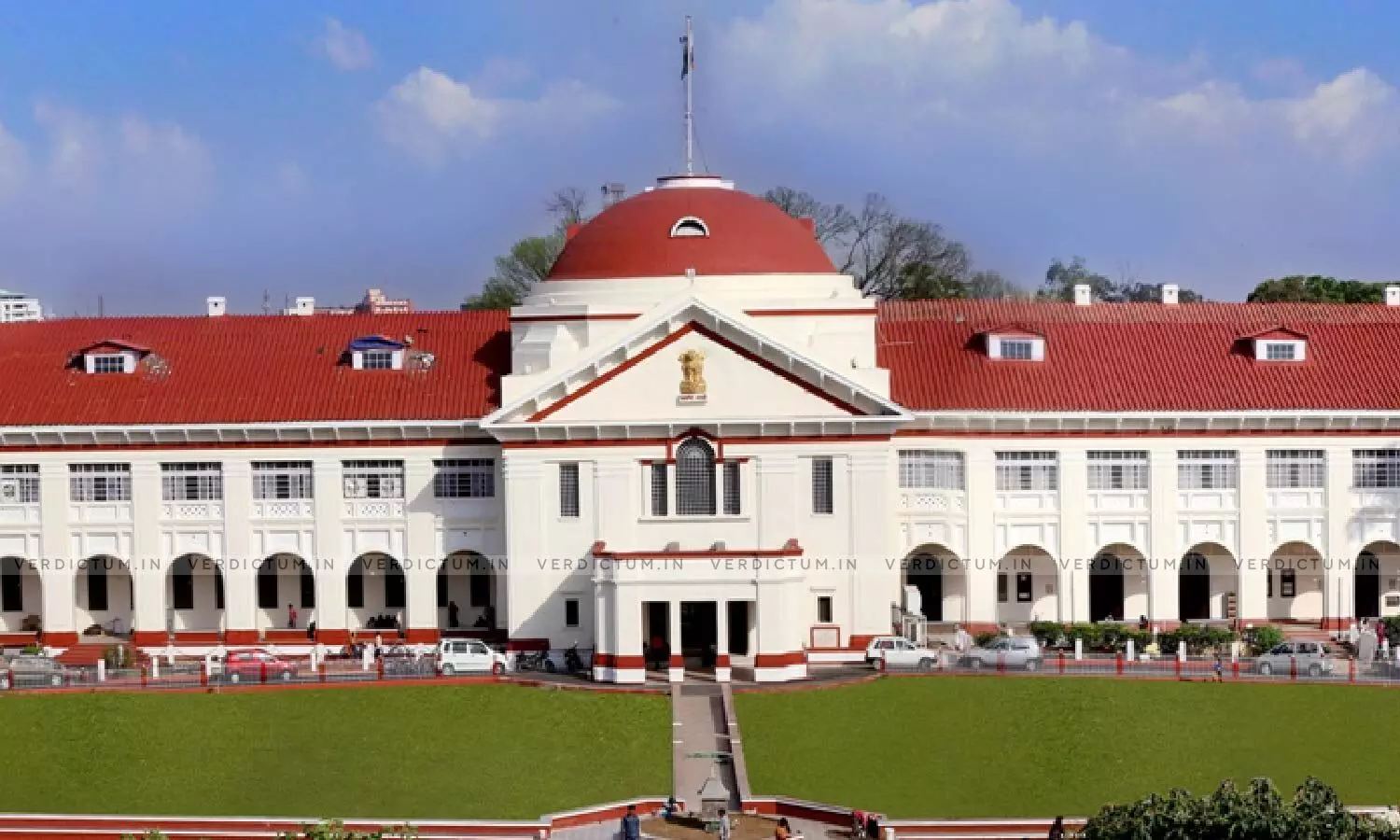
Husband Has No Inherent Right To Claim Custody Of His Minor Wife By Filing Habeas Corpus Writ Petition: Patna HC
 |
|The Patna High Court held that a husband does not possess an inherent right to claim custody of his minor wife t filing of a Habeas Corpus Writ Petition.
The Court observed thus while considering the petition filed by the husband seeking custody of his minor wife who was residing at the State Girls Care Home. The Court directed the Child Welfare Committee to conduct regular inspections at the shelter home and fulfil all their statutory obligations to ensure the well-being of the minor.
The Bench comprising Justice P. B. Bajanthri and Justice Ramesh Chand Malviya observed, “when a girl is not a major and expresses fear of life in the custody of her parents, the Court may exercise the jurisdiction to send her to an appropriate home meant to give shelter to women till she becomes a major, this Court is of considered view that there is no inherent right vested in the husband to claim custody of minor girl by filing writ of habeas corpus on illegal detention”.
Advocate Lakshmindra Kumar Yadav appeared for the Petitioner and Advocate General P.K. Shahi appeared for the State.
In the criminal writ application, lodged on behalf of the petitioner through Habeas Corpus, seeking the release of Respondent no. 11 from the State Girls Care Home. The Petitioner based this request on the assertion that Respondent no. 11, was determined to be under 18 years of age. Additionally, her statement under Section 164 of the Criminal Procedure Code, 1973 (CrPC) acknowledged her voluntary departure to the Petitioner, resulting in the birth of a child.
During the Court hearing on December 12, 2023, Respondent no. 11 was produced before the Court and stated that she married the Petitioner and claimed to be 18-19 years old. She expressed her desire to go with her husband, refusing to return to her father.
The Court framed the issue; “Whether a girl below 18 years of age, who willingly gets married, can be compelled to stay at State Girls Care Home, Gaighat, Patna, while refusing to accompany her parents?”.
Citing the case of Lajja Devi v State, [2012 SCC OnLine Del 3937], the Court addressed two key issues regarding the legal status of a marriage governed by the Hindu Marriage Act, 1955 (HMA) when either party involved is below 18 and explored the situation where the girl is a minor but the boy has reached the legally permissible age for marriage.
The Court determined that in the case of a marriage involving a female below 18 or a male below 21, such a union would not be deemed void but rather voidable. The validity of the marriage could persist if the child involved takes no steps to annul the marriage, as defined in Section 2 (a) of the Prohibition of Child Marriage Act, 2006 (PCMA). The Bench emphasized that a child, not being psychologically or medically fit for marriage, retains the right to approach the court until the age of 20 to seek a declaration of the marriage as void.
Regarding Exception 2 to Section 375 of the Indian Penal Code, 1860 (IPC), the Court noted that it exempts sexual intercourse between a man and his own wife, provided the wife is not below the age of fifteen. Citing the Supreme Court Judgment in Independent Thought v Union of India, [2017 (10) SCC 800], the Court reiterated considerations of the best interests of a girl child and the adverse effects of early marriage on her well-being.
The Bench emphasized that a girl child below 18 years, intended for marriage, is deemed a child in need of care and protection, mandating presentation before the Child Welfare Committee. The Court noted that a child maintains her status until she reaches 18 and can seek a declaration of marriage as void until the age of 20. It asserted that under no circumstance can a child below 18 provide consent for sexual intercourse, emphasizing that child marriages contravene the PCMA.
In this case, the Court deliberated on the exercise of parens patriae jurisdiction, emphasizing the Constitutional Courts' role in child custody matters.
The Court noted that Respondent no. 11, a minor, was directed to a State Girls Care Home by the Child Welfare Committee. Despite being below 18, she refused to accompany her father, preferring to stay with her husband. The Court considered the legal implications, noting that while the HMA doesn't deem such marriages illegal, the PCMA treats them as voidable.
The Court observed that consent is secondary to the overall welfare of the child, pointing out the legislative age limit of 18 for marriage. Citing Independent Thought (supra), it reiterated that a girl child below 18 sought to be married is considered a child in need of care and protection. In cases where a minor girl expresses fear of life with her parents, the Court affirmed its authority to send her to a suitable shelter home until she reaches a majority, rejecting the inherent right of the husband to claim custody through a writ petition in instances of alleged illegal detention.
The Court observed that respondent no. 11 explicitly declined to accompany her father, indicating that her residency at the State Girls Care Home posed no harm. The Court directed the Child Welfare Committee to regularly inspect the Home and fulfil statutory obligations for Respondent no. 11's well-being. Acknowledging her childbirth from the relationship with the petitioner, the Court directed the petitioner to open a bank account for the newborn child's welfare.
The Court explicitly stated that if Respondent no. 11 expresses her desire to reunite with her parents before turning 18, the Child Welfare Committee is authorized to permit such a move, issuing an appropriate order in the presence of her parents.
Accordingly, the Court dismissed the Petition.
Cause Title: Nitish Kumar v The State Of Bihar